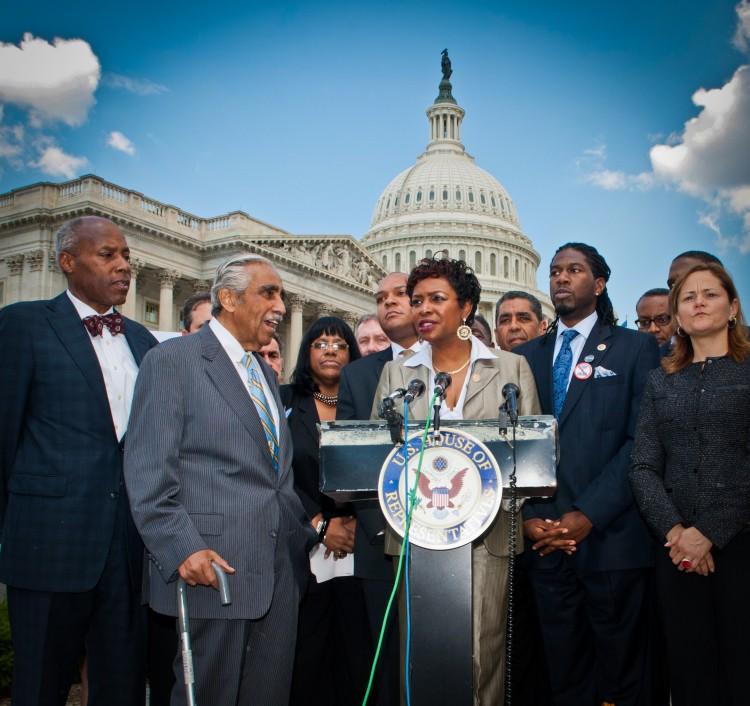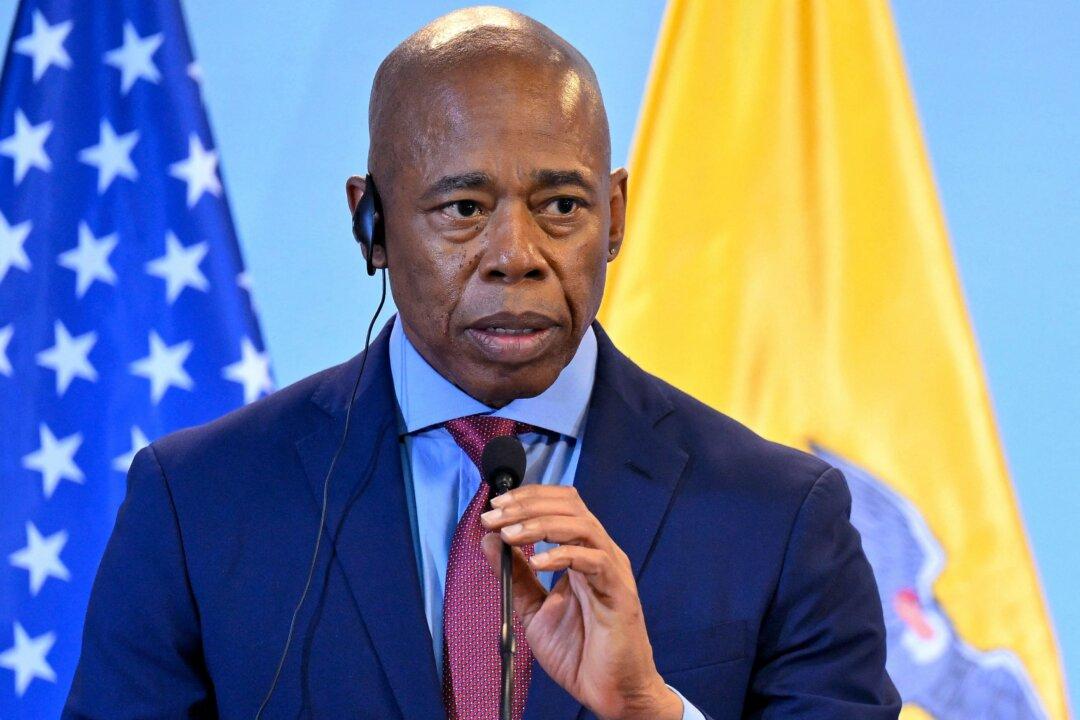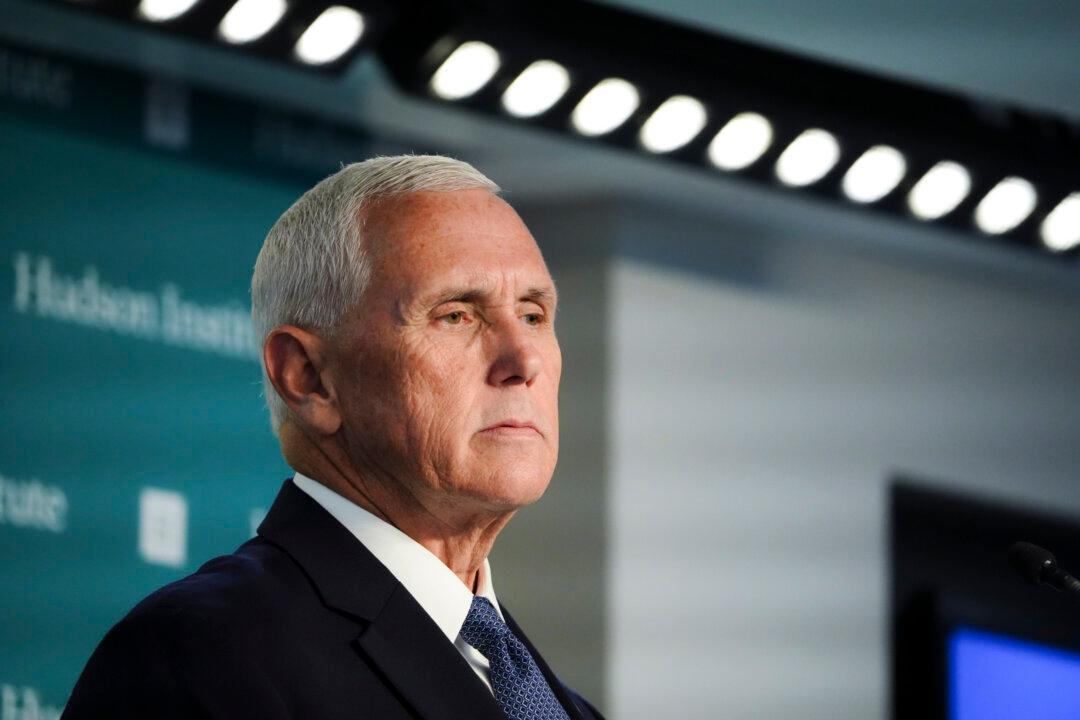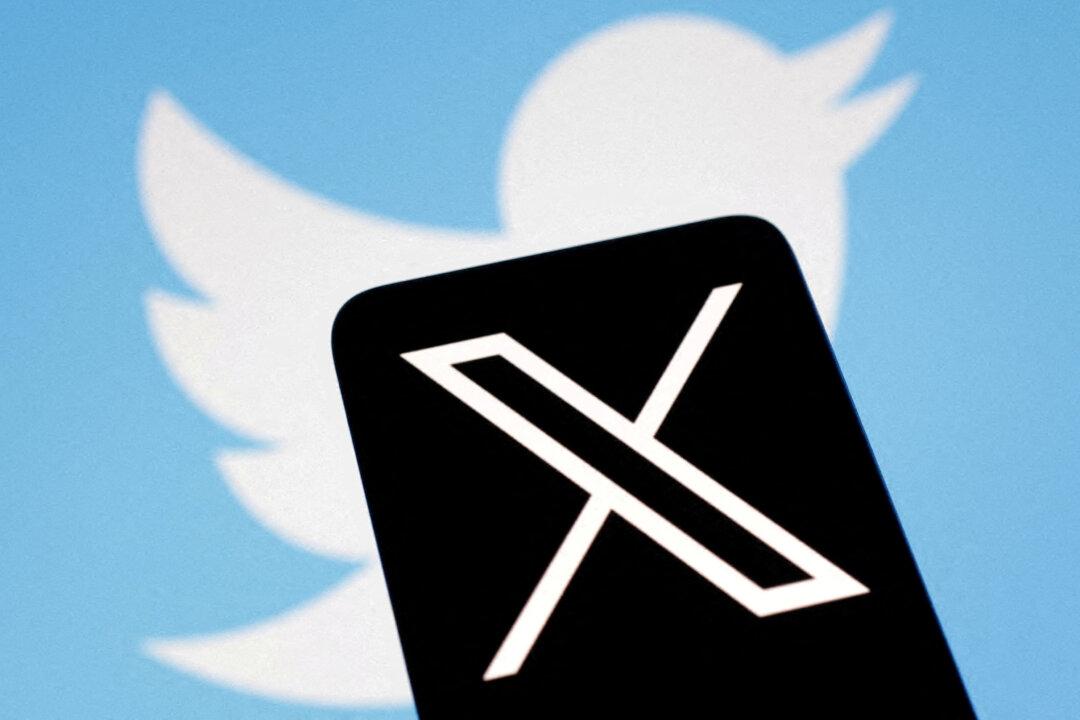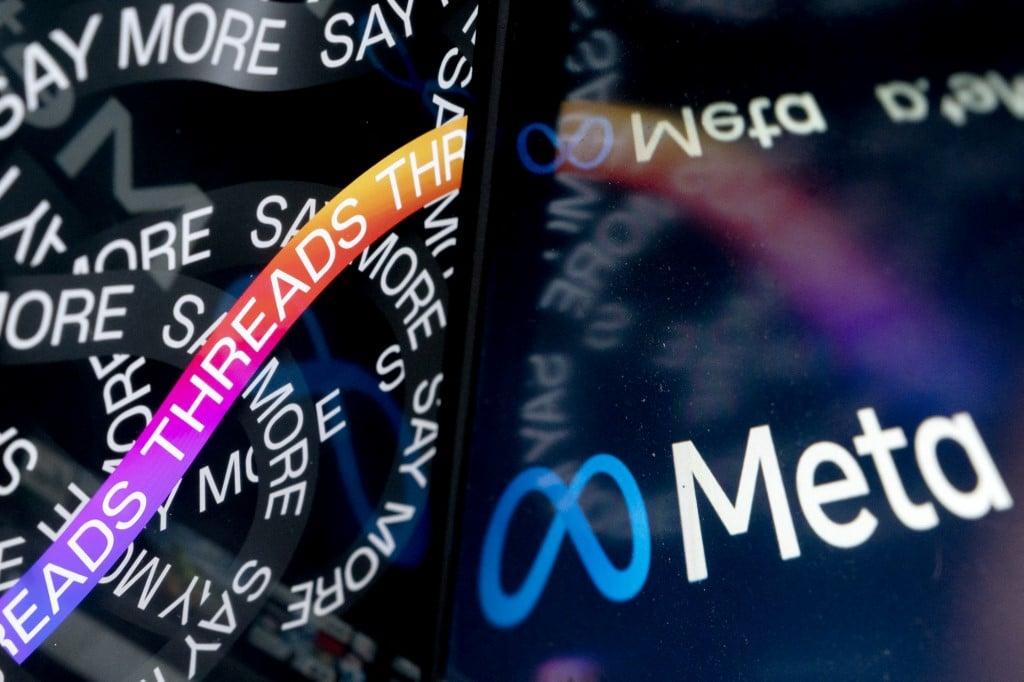Rep. Yvette Clarke (D-N.Y.) introduced legislation in Congress to criminalize “deepfakes,” a form of video technology that creates computer-generated images that often are indistinguishable from real footage.
Ms. Clarke said the Defending Each and Every Person from False Appearances by Keeping Exploitation Subject (DEEPFAKES) Accountability Act would send a “signal to bad actors that they won’t get away with deceiving people,” ABC News reported.
